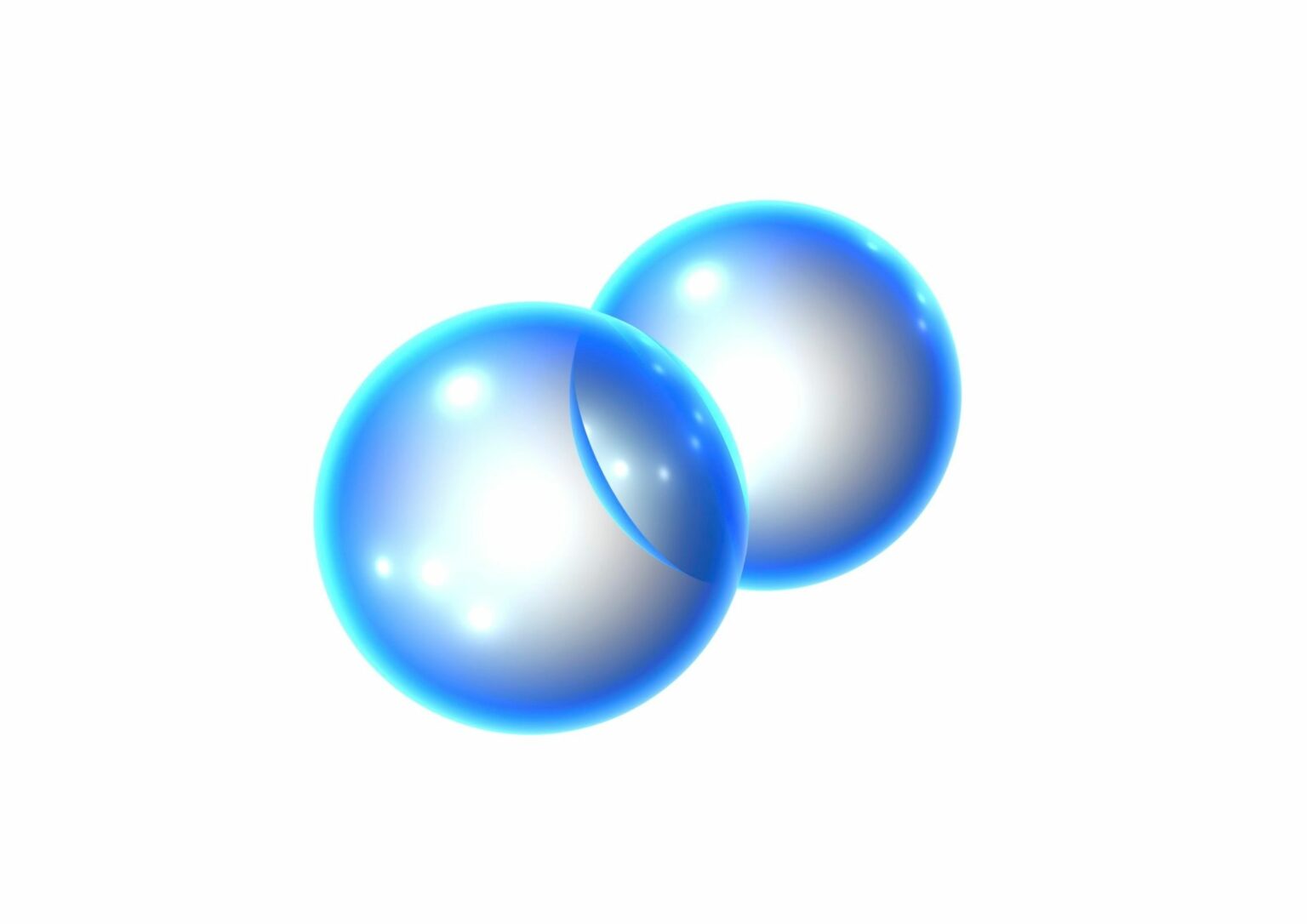Sparc Technologies Limited has announced that its joint venture, Sparc Hydrogen, has completed the testing of its second-generation photocatalytic water splitting (PWS) reactor at the CSIRO Energy Center in New South Wales.
The second round of prototype testing, which remained within its estimated timeline and budget, brought forth significant improvements over the first-generation prototype. With enhanced control over temperature and pressure, the reactor demonstrated escalated levels of gas production and measurement. Hydrogen gas production matched the estimated output derived from earlier laboratory results, reconfirming the validity of laboratory testing under concentrated solar simulation.
The design of the second-gen reactor facilitates effortless scalability, geared to fit into a linear Fresnel concentrated solar field for subsequent pilot scale testing; however, this transition awaits approval from the Sparc Hydrogen board for Stage 2 of the joint venture.
The testing of this prototype underscores the PWS potential as a viable alternative to electrolysis for cost-effective green hydrogen production. Market demand for alternative green hydrogen production technologies continues to surge given the prevalent challenges faced by global electrolysis projects.
This round of prototyping was supported through funding from Australia’s Economic Accelerator (AEA) grant program and the CSIRO Kick-Start Program. Sparc also stressed on its consistent strides in building relationships with leading photocatalyst supply chains for testing in Sparc Hydrogen’s PWS reactor. Strengthening ties with photocatalyst developers and reactor development are considered critical for moving towards Stage 2 of the joint venture.
In tandem with the on-sun prototype testing, Sparc Hydrogen continues to lay groundwork for the pilot plant. A pre-FEED study showed the ability for Sparc Hydrogen to construct and fund a pilot plant featuring modular, scalable linear Fresnel concentrated solar mirrors.
This novel facility would demonstrate the confluence of photocatalytic water splitting with concentrated solar in a holistic green hydrogen production system. Apart from detailed reactor design, site selection, budgeting, and approvals, Sparc Hydrogen has been concurrently making efforts to secure grant funding to cover the costs of R&D and construction of the pilot plant.
